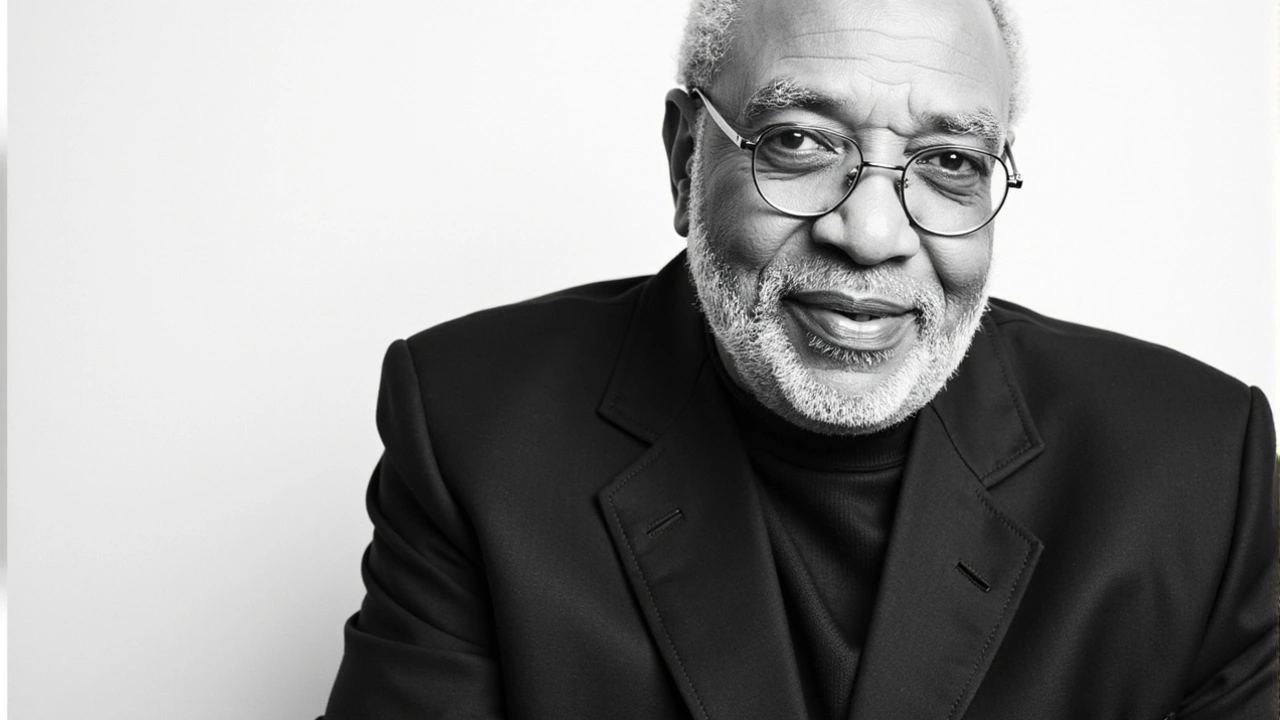James Earl Jones: the voice, the actor, the legacy
You probably recognize that voice before you know the face. James Earl Jones built a career on stage and screen, and his deep, unmistakable voice turned characters into cultural landmarks — think Darth Vader and Mufasa. He started in theatre, moved into film and TV, and kept working for decades with huge impact.
Born in 1931, Jones overcame a childhood speech problem to become one of America’s most respected actors. He’s known for bold stage performances, powerful film roles, and voice work that people still quote. His story is about steady craft, not overnight fame.
Key roles and why they matter
Darth Vader (Star Wars) is the first role most people name. Jones’ voice gave Vader weight and menace, even when the actor in the suit stayed unseen. Mufasa in The Lion King is another huge part — his calm, fatherly tone made the character feel noble and real. Beyond those, films like Field of Dreams and other stage-to-screen projects show a different side: quiet authority, emotion, and presence on camera.
On stage, Jones earned top honors and steady praise for his work in dramatic roles. He helped bring plays to life with the same control he used for voice roles — pacing, tone, and an ability to fill a room without shouting.
How to watch and what to look for
If you want a quick James Earl Jones primer, start with one voice role and one film performance. For voice work, rewatch The Lion King or revisit the original Star Wars trilogy. For on-camera acting, Field of Dreams and his major stage adaptations show his range. Streaming rights change, so check services like Disney+ for Star Wars and The Lion King, and look for rentals or classic film collections for other titles.
When you watch, listen closely. Jones controls mood with small shifts in tempo and emphasis. He rarely needs big gestures — the voice carries the scene. Notice how he builds tension in a line, then releases it a moment later. That’s technique you can spot even without acting training.
Want more? Look for recorded stage performances, interviews, and audio projects. He’s done readings and voice recordings that let you focus purely on how he shapes language. Those pieces reveal the work behind the sound.
James Earl Jones left a mark because he blended craft and consistency. He didn’t chase trends; he worked roles until they felt essential. That’s why his voice still shows up in pop culture, why new generations find his performances powerful, and why actors study his timing and control. If you’re curious about great acting, start with his voice and then watch the scenes that let his whole presence shine.
- September 10, 2024
- Comments 14
- Entertainment

